
1. Presidential Announcements
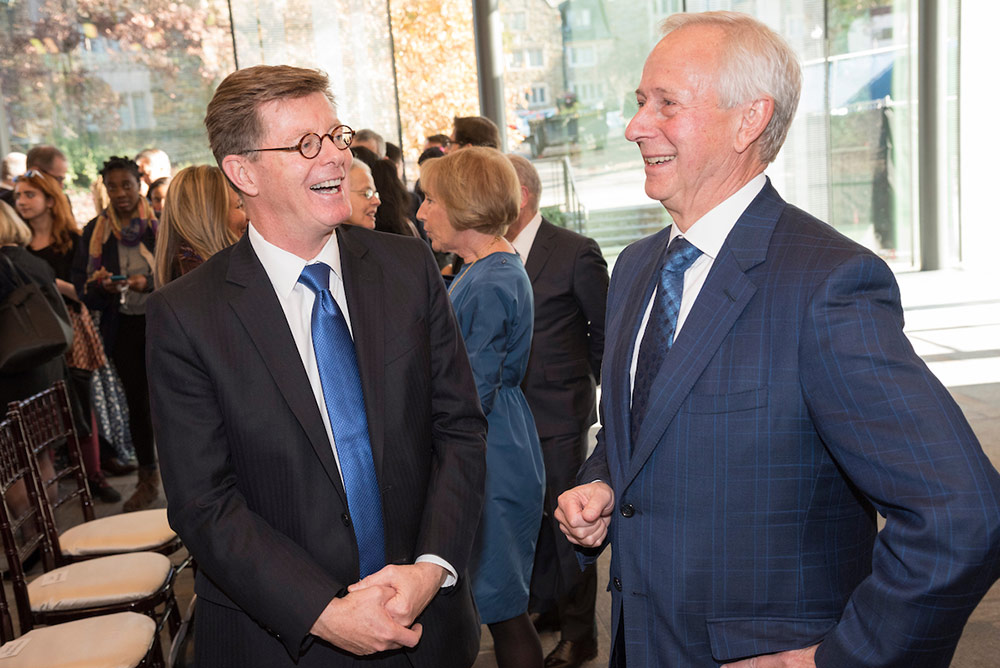
When Richard Brodhead announced in April he was stepping down after 13 years as Duke’s president, a committee searched far and wide for his successor. From that vast pool emerged Vincent Price, provost for the past seven years at the University of Pennsylvania, who was introduced to the Duke community in early December. Price will become Duke’s 10th president on July 1, 2017.
2. West Union Reopening
After three years of renovations, the West Union reopened to rave reviews for both its food and its architecture. Twelve of West Union’s 13 venues are operated by local restaurateurs, bringing Durham's famed foodie culture to campus. Dining options include Indian cuisine, sushi and a number of choices for vegetarian and vegan diners.
3. Duke Olympians
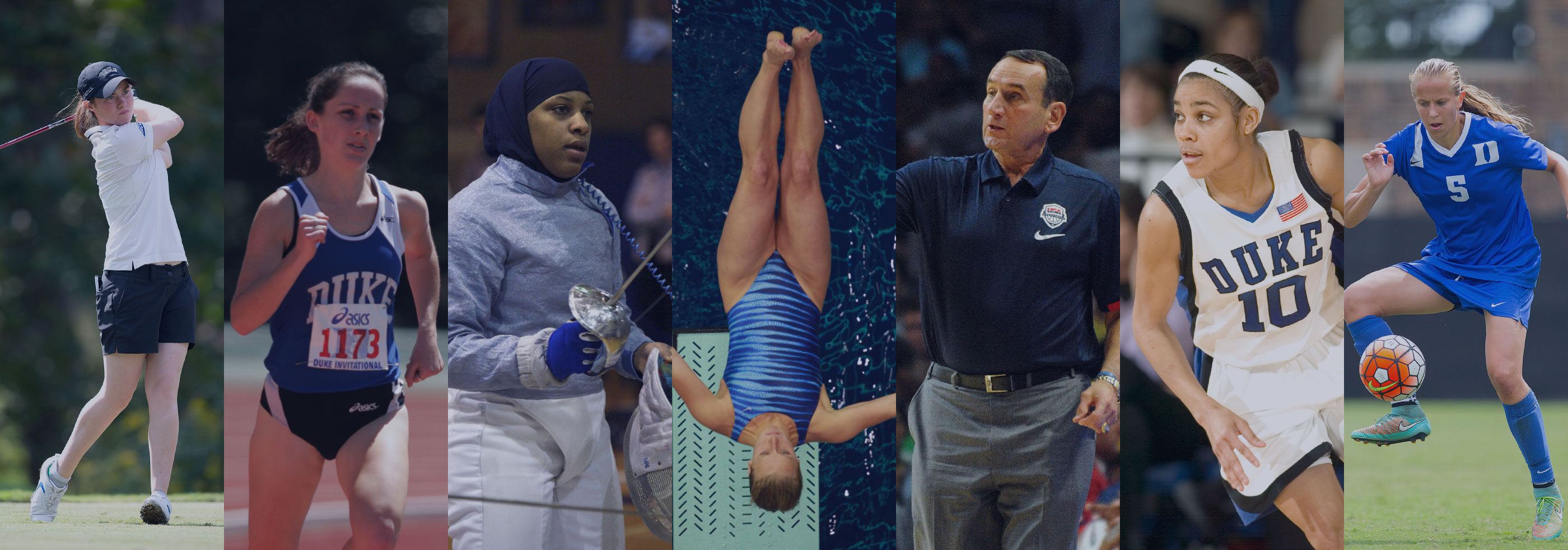
The 2016 Summer Olympics in Rio had a definite Duke flavor. Coach K led the U.S. men’s basketball team to a third straight gold medal. Other Dukies included diver Abby Johnston, golfers Laetitia Beck and Leona Maguire, fencer Ibtihaj Muhammad, soccer’s Rebecca Quinn, field hockey’s Stefanie Fee, runner Shannon Rowbury and basketball’s Kyrie Irving and Lindsey Harding, as well as coaches Jeff Capel (basketball) and Nunzio Espoto (diving).
4. Abele Quad Honors African-American Architect of Campus

Duke owes much of its physical appearance to Julian Abele, who in 1924 not only led the design of the new West Campus, but many key buildings on the original East Campus. But because Abele was African-American, his role was largely unknown until the 1980s. To rectify that, Duke in October dedicated the central West Campus quad in Abele’s honor.
5. FDA Fast-tracks Poliovirus Therapy for Brain Cancer
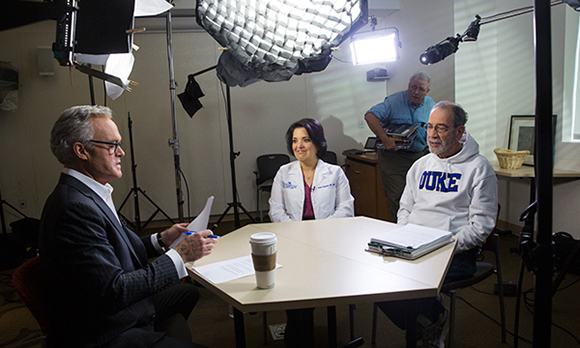
The FDA awarded Duke's brain cancer therapy "breakthrough" status, which expedites the development and review of Duke’s use of the poliovirus to treat glioblastoma, a particularly vexing form of brain cancer. To receive such a designation, which expedites the development of promising medications, preliminary evidence must indicate that the treatment shows substantial improvement over available therapy. Duke’s poliovirus work has been twice featured on CBS’s “60 Minutes.”
6. Duke Expands Access to College Education
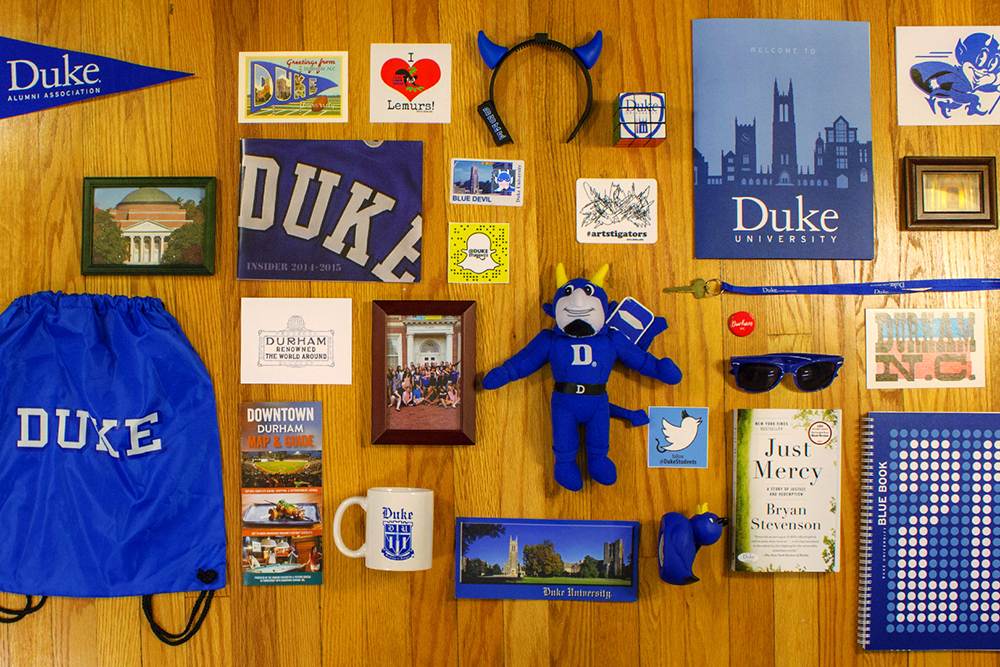
Duke continued to broaden its access to prospective students. This fall, Duke welcomed its inaugural class of 30 Washington Duke Scholars, who are first in their families to attend college. The university also announced it will admit undocumented students regardless of their family’s ability to pay. And after partnering with QuestBridge, a nonprofit that helps connect high-achieving, low-income students with selective universities, Duke accepted 36 of the scholars in its Early Decision process this year.
7. The Arts at Duke
With a new arts center under construction, the future of the arts at Duke is bright. This fall a panel of Duke faculty, administrators and alumni discussed their desire for art to permeate all student experiences at Duke. Among the artists-in-residence this year were dancer Shayla-Vie Jenkins, who re-staged choreographer Bill T. Jones’ “Power/Full,” and spoken word artist Saul Williams, whose work blends poetry, politics and social issues.
8. Duke’s Capital Campaign Nears Completion
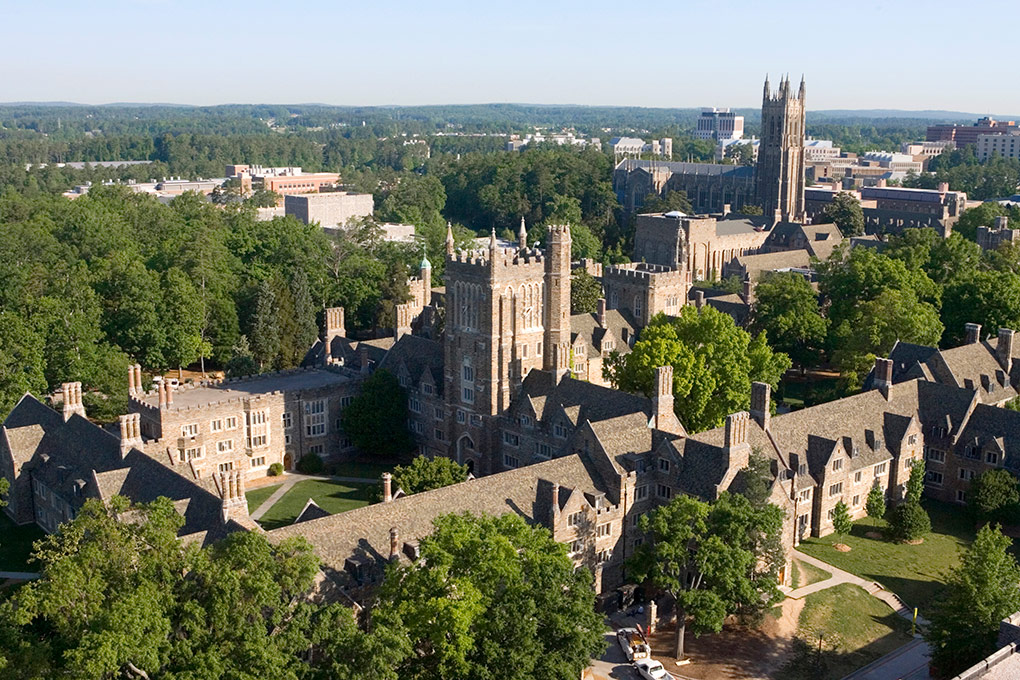
Duke Forward, the seven-year fundraising effort to support Duke’s 10 schools, Duke Health and a range of university programs and initiatives, surpassed its $3.25 billion goal in 2016. The campaign will continue as scheduled through June 30, 2017, with a focus on meeting all schools’ and campus priorities, including financial aid, interdisciplinary initiatives and endowed professorships.
9. Duke Kunshan Establishes Undergraduate Curriculum
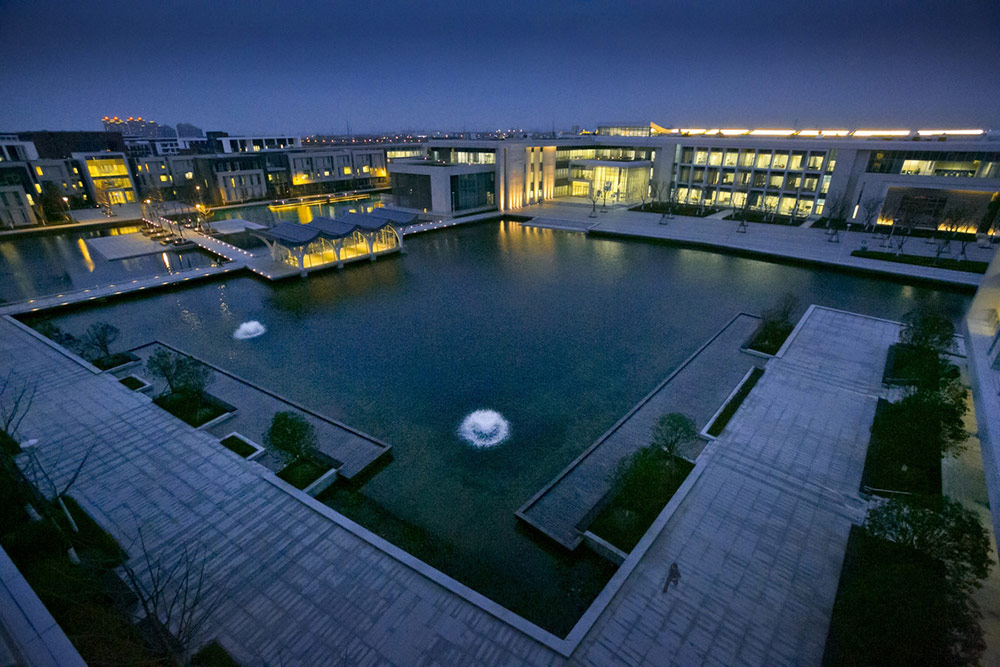
The momentum at Duke Kunshan University in China continued when Duke’s Board of Trustees voted in December to add a four-year undergraduate liberal arts degree program to the master’s degree programs already there. Students who graduate from Duke Kunshan will receive a Duke diploma -- equivalent to those awarded to undergraduates in Durham.
10. The Election
Even before the 2016 race turned unpredictable, Duke faculty and students stood ready to weigh in on the election. Campaign Stop 2016, a site launched in November 2015, featured commentary and analysis from more than 200 Duke faculty and 50 students through media clips, blogs, op-eds, podcasts and other media. Other campus highlights included a 3-day political cartoon festival, numerous fact-checking initiatives and a robust turnout to Duke’s on-campus early voting site.
11. Class of 2020 is Duke's Most Diverse Yet
Half of the 1,700-plus students in Duke’s Class of 2020 were students of color, making it the most diverse class in school history. Additionally, 13 percent of the class came from 70 countries outside the U.S., and nine percent were first-generation college students.
12. Task Force Releases Bias and Hate Report
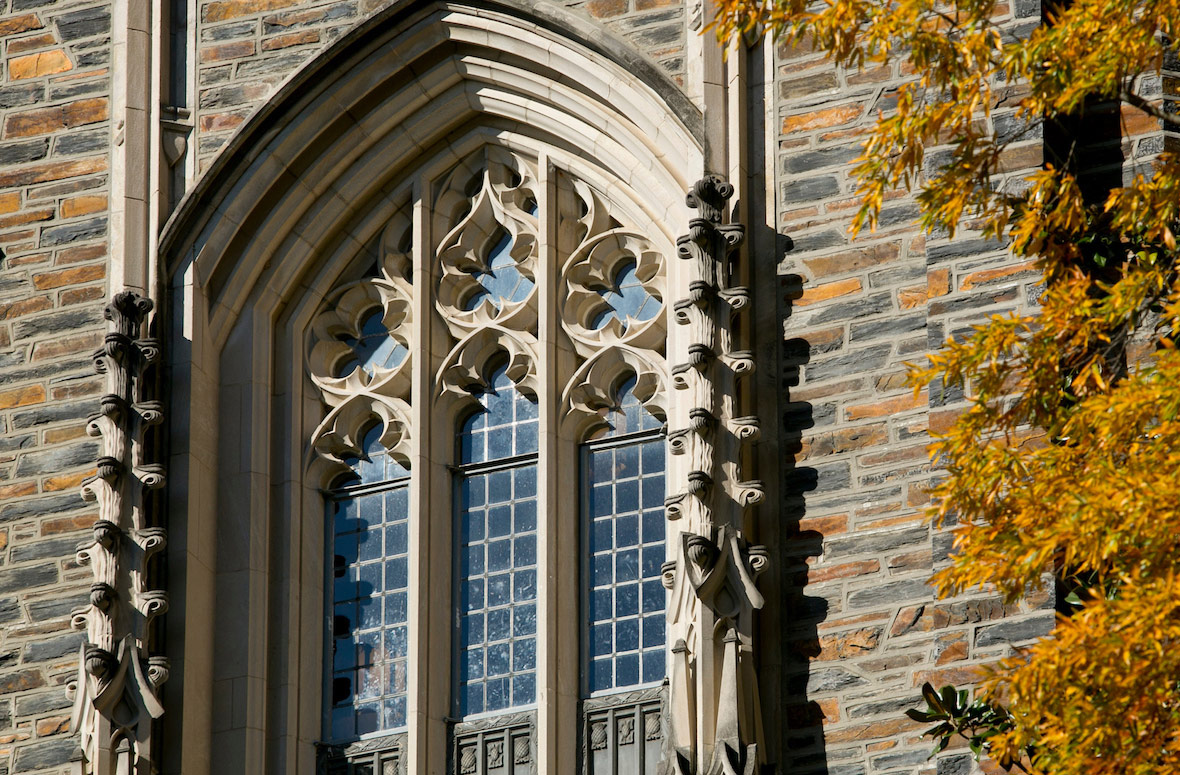
In a four-month review of policies, practices and culture as they pertain to bias and hate in the Duke student experience, a task force came up with a series of recommendations to ensure the university lives up to its values of inclusion and respect for all of its members. The recommendations of the task force -- made up of 29 faculty, administrators, alumni, and undergraduate and graduate students -- are being implemented on an ongoing basis.
13. Duke Chapel Reopens after Year-Long Restoration
On May 11, following a one-year restoration, Duke Chapel reopened to the community. Festivities included guided tours, organ demonstrations and a taping of the local NPR show “The State of Things.” The chapel closed to rehabilitate the limestone ceiling, replace the original roof and clean or polish items from the pews to stained-glass windows -- essentially restoring the building to its earlier splendor.
14. Duke Scientists Discover Key Protein for Spinal Cord Repair
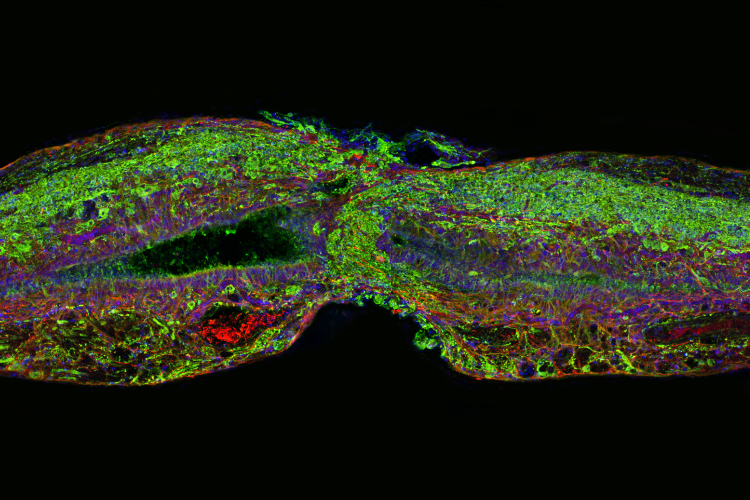
By examining zebra fish, Duke researchers discovered a particular protein important in spinal cord repair. A freshwater zebrafish is able to heal its spinal cord even after it is completely severed. Continued research may reveal some answers as to why zebrafish can regenerate whereas mammals, including humans, cannot.
15. Duke Football Defeats UNC, Returns Victory Bell to Campus
With three of its four co-captains out with injuries, Duke entered its rivalry game with UNC as a double-digit underdog. But after quickly falling behind by two touchdowns, Duke rallied for a thrilling 28-27 win. Afterward, fans stormed the Wallace Wade field and players took turns ringing the Victory Bell that will reside in Durham for at least the next year.
16. Drones Detect Sharks

Researchers from Duke and UNC-Chapel Hill are testing the ability of drones to detect sharks in coastal waterways at Duke’s Marine Lab on the North Carolina coast. The study seeks to improve understanding of shark behavior in coastal waters, and researchers say the drone-detection method could eventually help alert swimmers to the presence of a shark.
17. Oscar Dantzler Receives University Medal
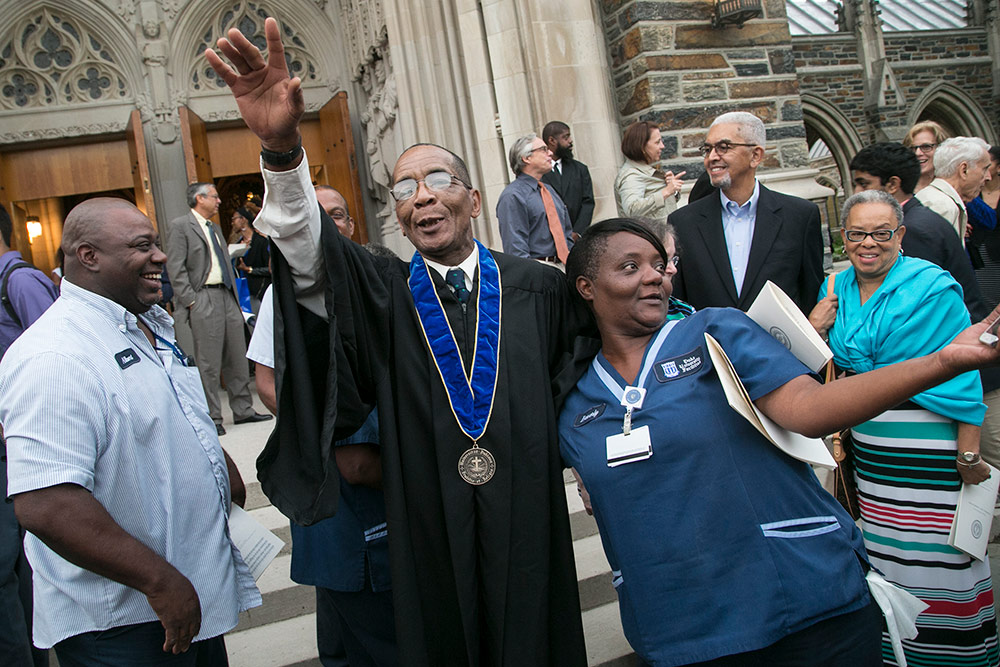
Longtime employee Oscar Dantzler, who arrives at Duke Chapel at 5 each morning to make it clean and presentable, was awarded Duke’s highest honor for meritorious service to the university. In addition to his regular job, Dantzler has served for 19 years as the chapel’s unofficial historian and greeter and as a friend and adviser to numerous students.
18. Brain Research
It was a promising year for brain research at Duke. Surgeons and engineers teamed up to make neurosurgery easier and more precise through the use of 3D goggles. Duke professors, with the help of a professional violinist, studied the science behind the brain’s ability to process music. And researchers showed that manipulating dopamine signals in the nervous system can control inflammation in the gut, which may impact the treatment for many auto-immune diseases.
19. Global Baton Captures Photos From Around the World
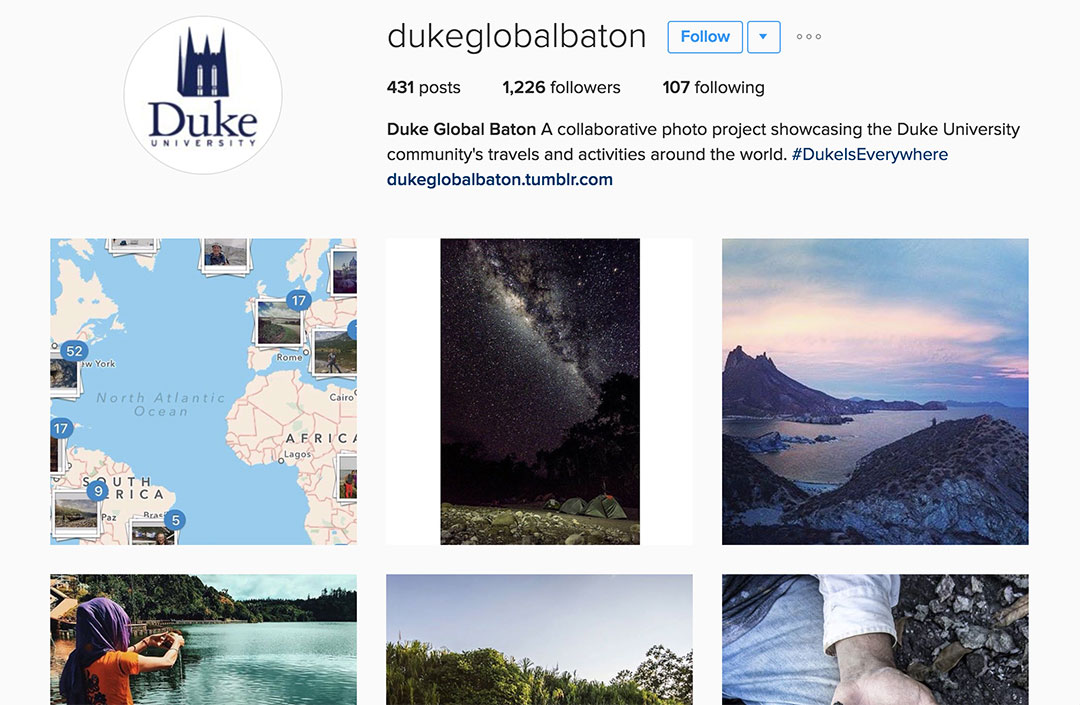
This summer, members of the Duke community chronicled their worldly adventures through the Duke Global Baton, a shared Instagram account. Faculty, staff, students and alumni snapped photos from 18 countries on six continents, from the Gulf of Mexico to the peaks of the Himalayas, at fieldwork sites and vacation spots.
20. West Virginia Getting Flatter, Duke Study Shows

Forty years of mountaintop coal mining have made parts of Central Appalachia 40 percent flatter than before excavation, new research from Duke found. The study, which compared pre- and post-mining topographic data in southern West Virginia, examined not only the mining’s impact on the regional landscape, but how the changes might influence water quality.
More Memories from 2016
Remembering members of the Duke community who passed this past year
Memorable quotes from the past year
Milestones for 2016
